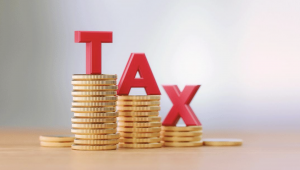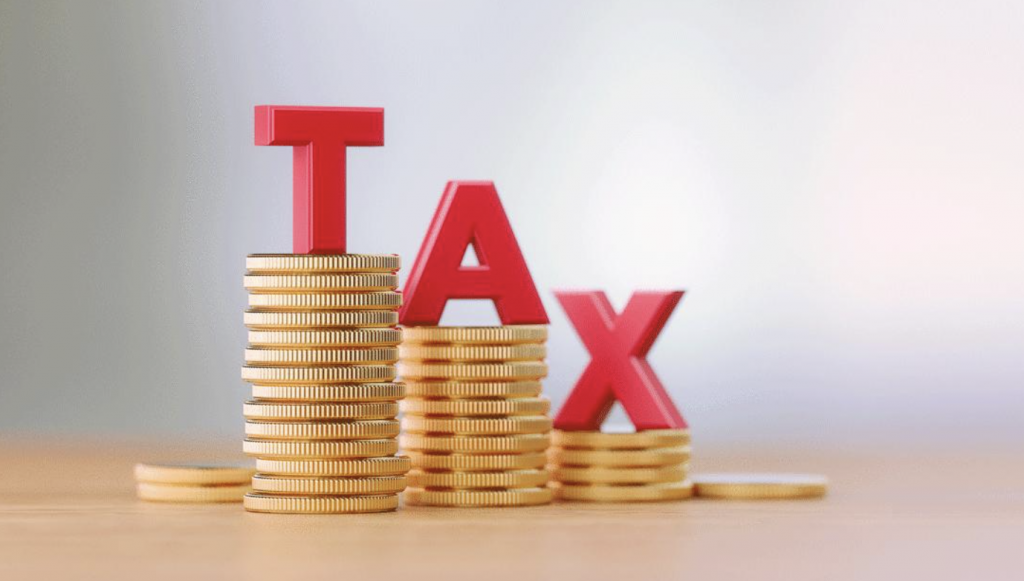New Delhi, Dec 29: Over the course of Prime Minister Narendra Modi’s administration, personal income and corporate tax collections are expected to surpass Rs 19 lakh crore, giving the government greater flexibility to implement tax policies that benefit the general public. Net direct tax collections, adjusted for refunds, rose from Rs 6.38 lakh crore in FY 2013–14 to Rs 16.61 lakh crore in FY 2022–23, driven by individuals’ rising incomes. The net direct tax collections from personal income tax and corporate tax have increased by 20% so far in the current fiscal year. If this growth continues, the mop-up is expected to reach approximately Rs 19 lakh crore in the fiscal year that ends on March 31, 2024.The anticipated sum will be higher than the Budget for 2023–24’s estimate of Rs 18.23 lakh crore. The government has worked to simplify the tax code over time by lowering rates and reducing exemptions. Corporates that choose not to claim exemptions in 2019 can opt for a reduced tax rate from the government. A similar programme was made available to private citizens in April 2020. The budget for 2023–24 increased the basic exemption limit to Rs. 3 lakh, rationalised the tax slabs, and included a standard deduction of Rs. 50,000 to make the new income tax regime for individuals more alluring. Additionally, the income tax return form now has it set as the default tax regime.But there was a lot of opposition to the government’s plan during the year to allow credit card purchases in foreign currency up to the USD 2.50 lakh annual limit under the RBI’s Liberalised Remittance Scheme (LRS) for each individual. Tax Collected at Source (TCS) would have needed to be withheld at the time of payment in order for foreign credit card spends to fall under LRS. Additionally, banks communicated that there would be problems with compliance when deducting the TCS, so the government was forced to postpone putting the plan into action.Following the implementation of several reform measures by the Income Tax Department, the number of Individual Tax Returns (ITRs) filed by taxpayers increased from 3.36 crore in 2013–14 to 6.37 crore in 2021–22, indicating a 90% increase in overall tax base. Up until October 26, 2023, 7.41 crore returns were filed in 2023–2024, 53 lakh of which were from first-time filers. The government will hold a vote on account on February 1 in anticipation of the April–May general elections. The newly formed government following the elections is expected to present the entire budget in July 2024.The government headed by Prime Minister Narendra Modi took office in 2014. Higher tax compliance rates, according to Shardul Amarchand Mangaldas & Co Partner (Direct Tax) Gouri Puri, are a result of ongoing efforts to formalise the economy and digitise tax administrations. The government should have some leeway to rationalise tax rates as a result. Ensuring ease of doing business in India will depend on the certainty surrounding the application of tax treaties. Puri continued, “The government is expected to keep streamlining direct tax laws in order to improve tax certainty in 2024.The entire budget, according to Deloitte India Partner (Direct Tax) Rohinton Sidhwa, is probably going to be centred around continuing efforts to get ready for the World Bank B-READY ranking as well as efforts to leverage the China+1 strategy to boost investment and innovation. With direct tax collections increasing by roughly 20% thus far in the current fiscal year (April–March) and the GST mop-up reaching new heights each year, it is anticipated that the trend will continue in 2024 due to the robust economic environment. In April 2023, the monthly collection of Goods and Services Tax (GST) reached a peak of Rs 1.87 lakh crore. At Rs 1.66 lakh crore, the average gross monthly GST collection for 2023–24 is 11% higher than for the same period in the previous fiscal year. The clarification regarding the levy of a 28 percent tax on online gaming is the main takeaway from this year’s GST Council meetings, which are attended by the finance ministers of the states and the federal government. After two meetings, the council decided to make it clear that a 28% tax would be applied to the entire amount paid at the time of entry into the online gaming platform. The council also decided to mandate GST authorities’ registration for all foreign online gaming companies.In response to allegations that online gaming companies evaded taxes totaling more than Rs 1.12 lakh crore in 2022–2023 and 2023–2024, the GST authorities have sent 71 show cause notices to these companies. Numerous businesses have petitioned higher courts to get the demand halted. The application of the highest tax rate, according to INDUSLAW Partner (Indirect Tax) Shashi Mathews, has stopped the online gaming industry’s “meteoric rise.” One could anticipate that the government will revisit a few of these issues. There may be some relief in the form of court rulings because some of these issues have also been pending before the courts.



